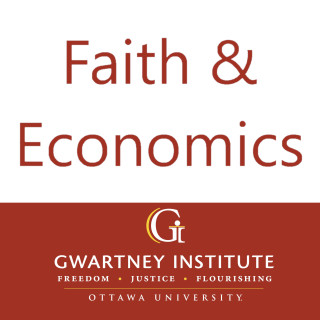

In this episode, Justin leads the team through ideas from Rene Girard, a French theorist from the 20th century who countered mainstream thought during this time. Girard wanted to refute claims that Greek myths and the Passion of the Christ were the same, or at least very similar. By comparing stories of Greek myth and those in the Bible, we are able to see the what separates myth from the Passion of Christ. How did Jesus shed light on the Devil's tricks, especially the one where society believes something of his working is required for survival? Join the conversation now to hear how Jesus uncovered Satan by being exclusively innocent and holy while on Earth.
Timeline:
Desire in Life & Myth //3:15
Joseph and Edipus - A Comparison // 8:00
Warming Your Hands With Society // 14:00
Jesus Uncovered Satan // 20:45
Luke's Account // 24:30
Exclusive Innocence // 34:00
Rene Girard - The Scapegoat (Le bouc émissaire)
Rene Girard - I See Satan Fall Like Lightning